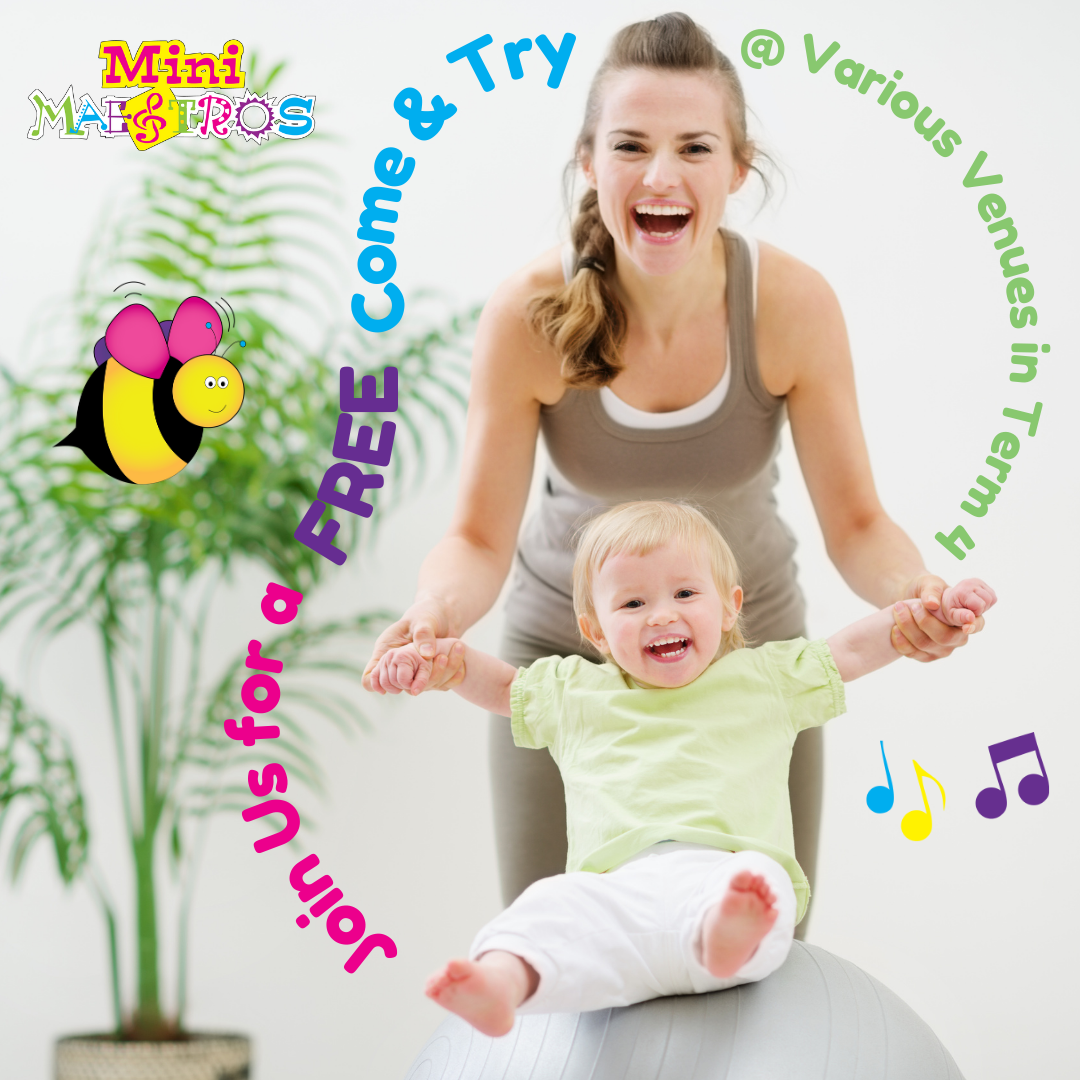Mid-Term Magic Term 4
Babies…
spend much of their time watching what other babies and adults in the class are doing. They will store this information away and, when they are ready, will copy what they have seen, such as clapping hands, waving or giving instruments back after activities. We can see their responses to music as they move to the beat and come out from under their scarves in peekaboo activities.
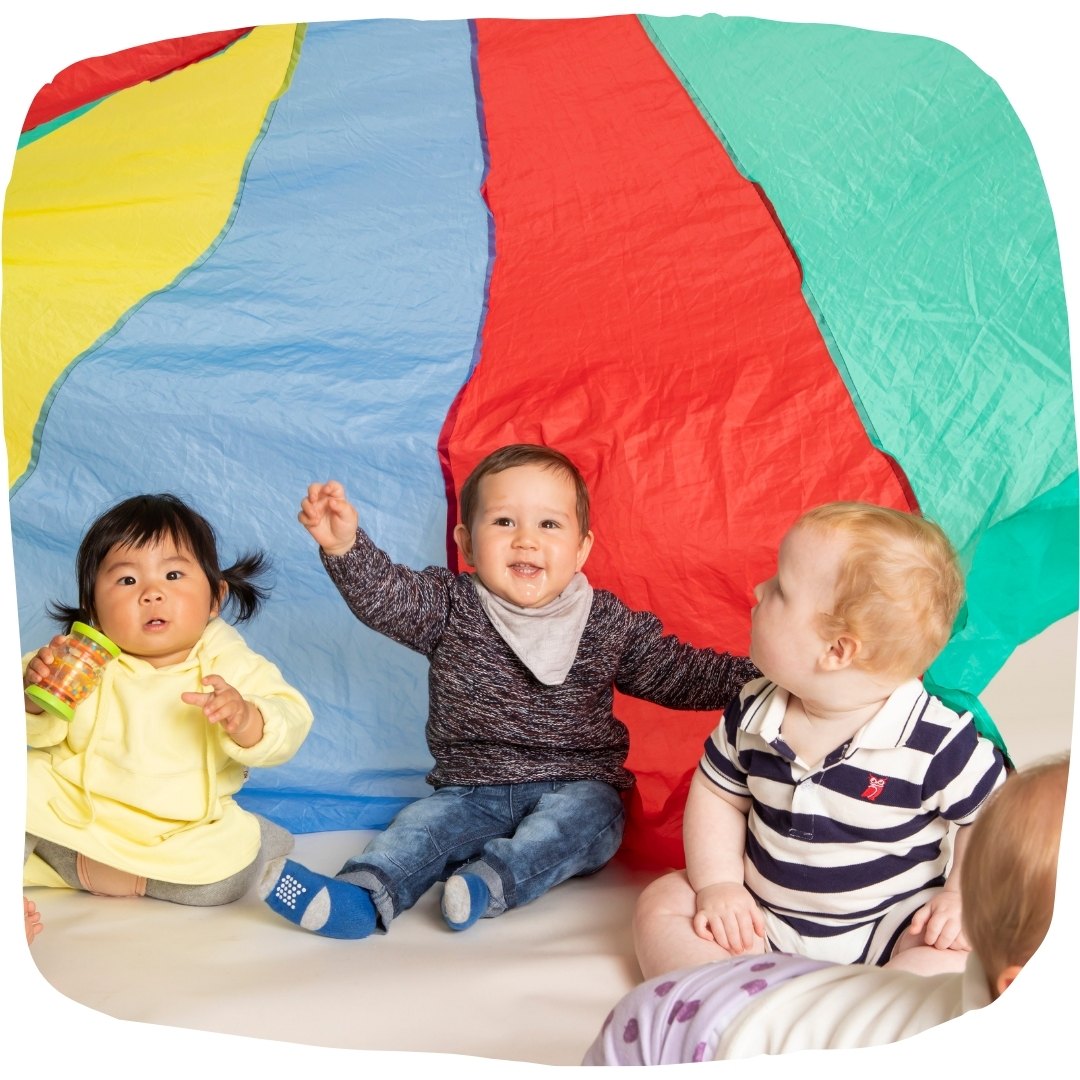
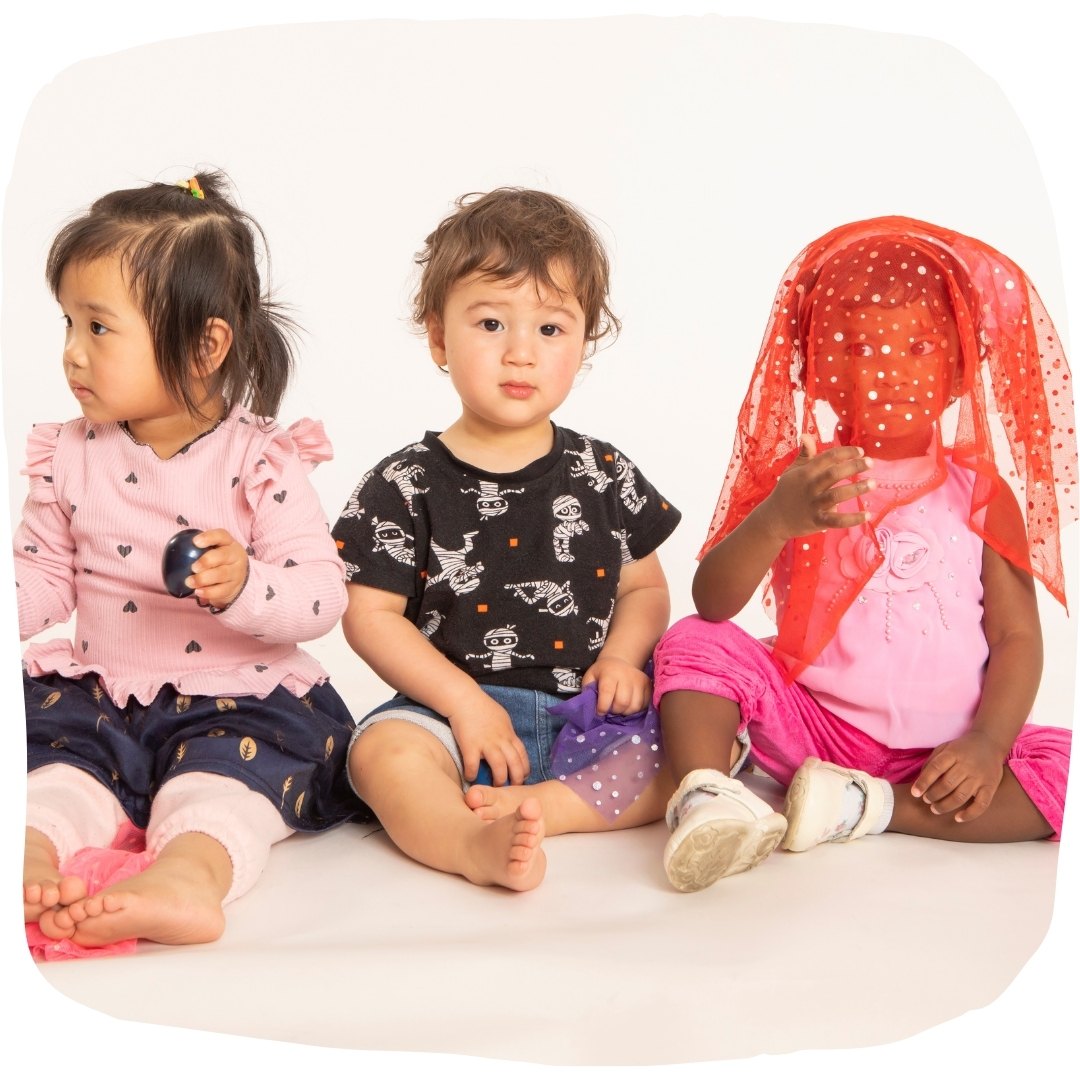
1-2 year olds enjoy…
the predictable structure of classes, including the end-of-activities rituals like taking a bow, clapping hands or independently packing instruments away. They are starting to say animal names and sounds in songs, and show what actions they want to do for the welcome song.
2-3 year olds have…
gained more confidence to sing with Bumblebee in classes and at home or in the car. They are able to say what they are doing after music in the Goodbye Song and are demonstrating their counting skills in finger plays and puppet activities. They have practised sharing and taking turns with instruments which will help them in other social settings.
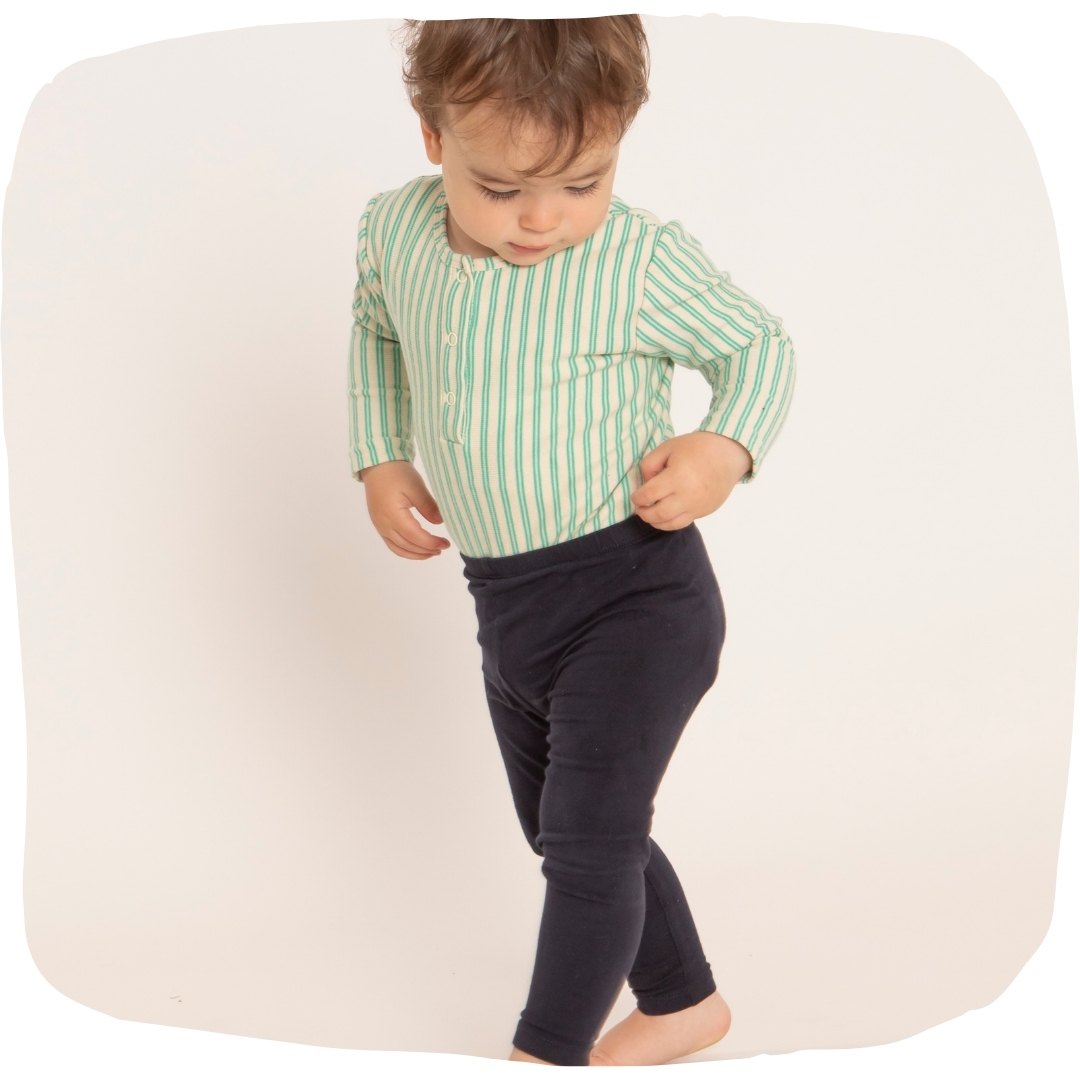
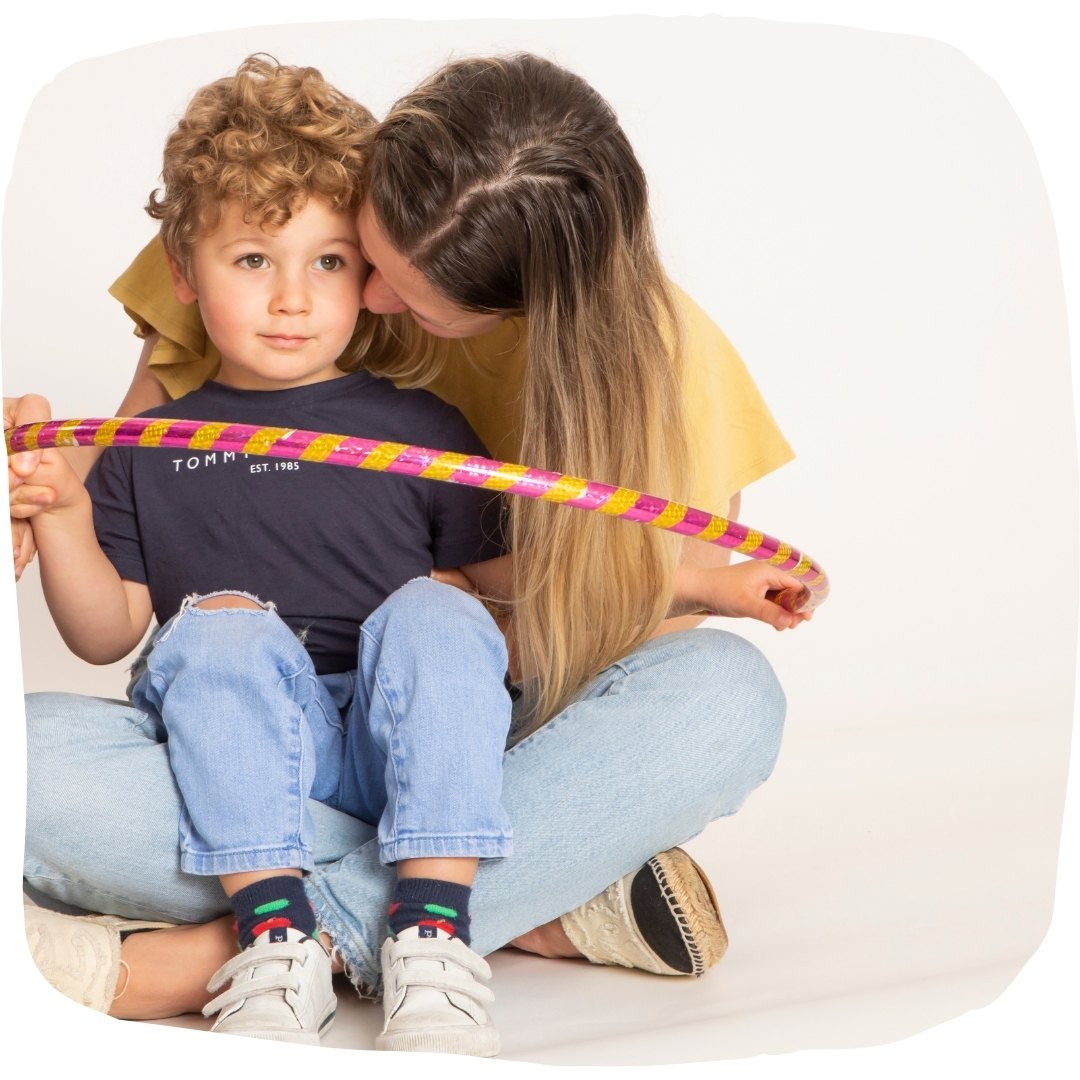
3-4 year olds are…
contributing their musical ideas, working co-operatively with their classmates and practising left-to-right reading. They are developing reading readiness skills and learning how to learn, both vital skills as the children move up to 4 year old kinder.
4-5 year olds…
are playing their chime bars with fluency and a steady sense of beat, and are reading and composing rhythms. They now have all the necessary foundations for moving on to learn a formal instrument when they get to school. The steady beat work they have done in instrumental and movement activities has set them up with strong reading readiness skills, and they have learnt about mathematical concepts and patterning through dances and note reading.
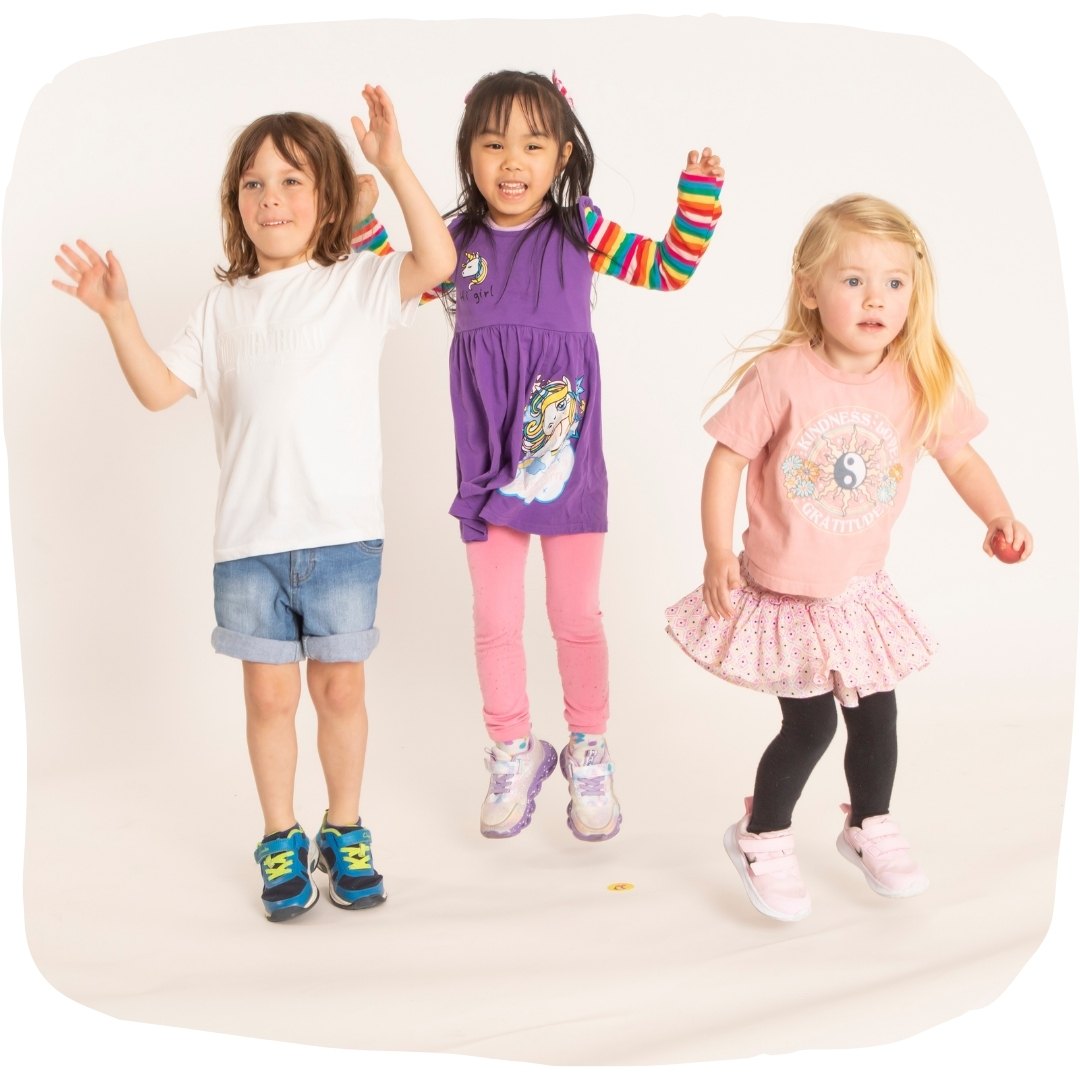
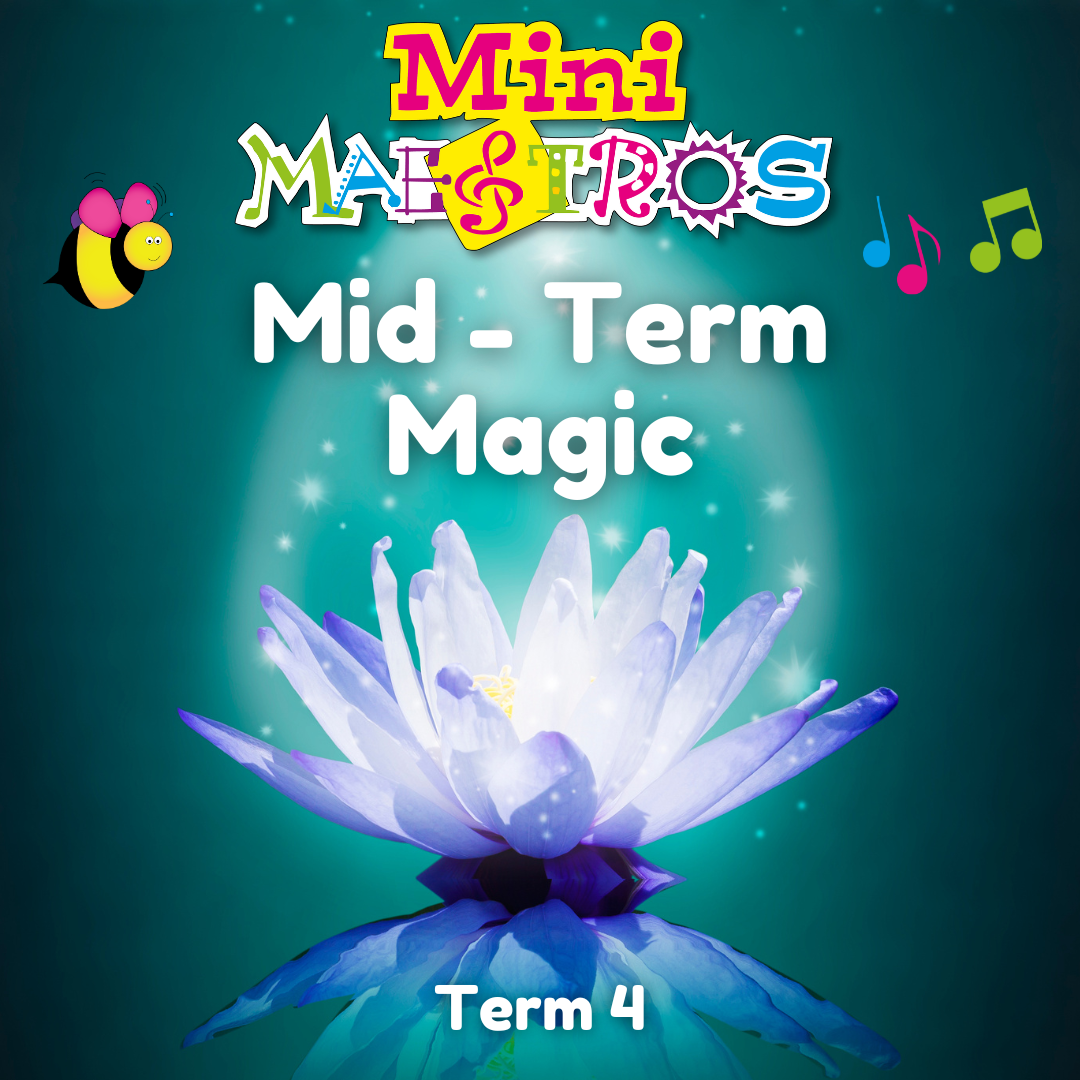
The Mini Maestros Term 4 Concerts…
are a wonderful celebration of children’s learning and achievements. They provide an opportunity to see a snapshot of what each group has learnt across the year and to get a sense of the progression of the program across the age groups.
Learning music and actively participating in music-making are whole-brain activities. The duration of a child’s involvement in musical education significantly influences their learning outcomes and achievements. So, the longer children learn music, the more they excel across different areas of their early childhood and academic development. Furthermore, we shouldn’t underestimate the positive impacts that group music and movement classes have on children’s (and adults’) sense of well-being and community.
As you prepare for next year, we strongly encourage you to include Mini Maestros classes in your plans, ensuring that your child can continue to experience the joy of learning through music.
By Jennifer Smith – Mini Maestros Music Director


